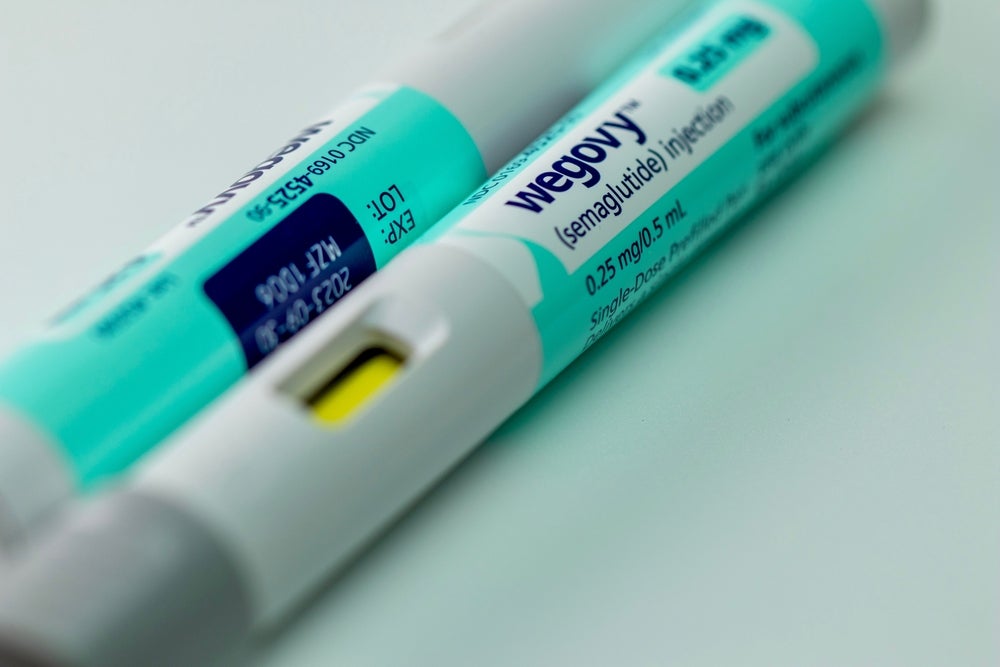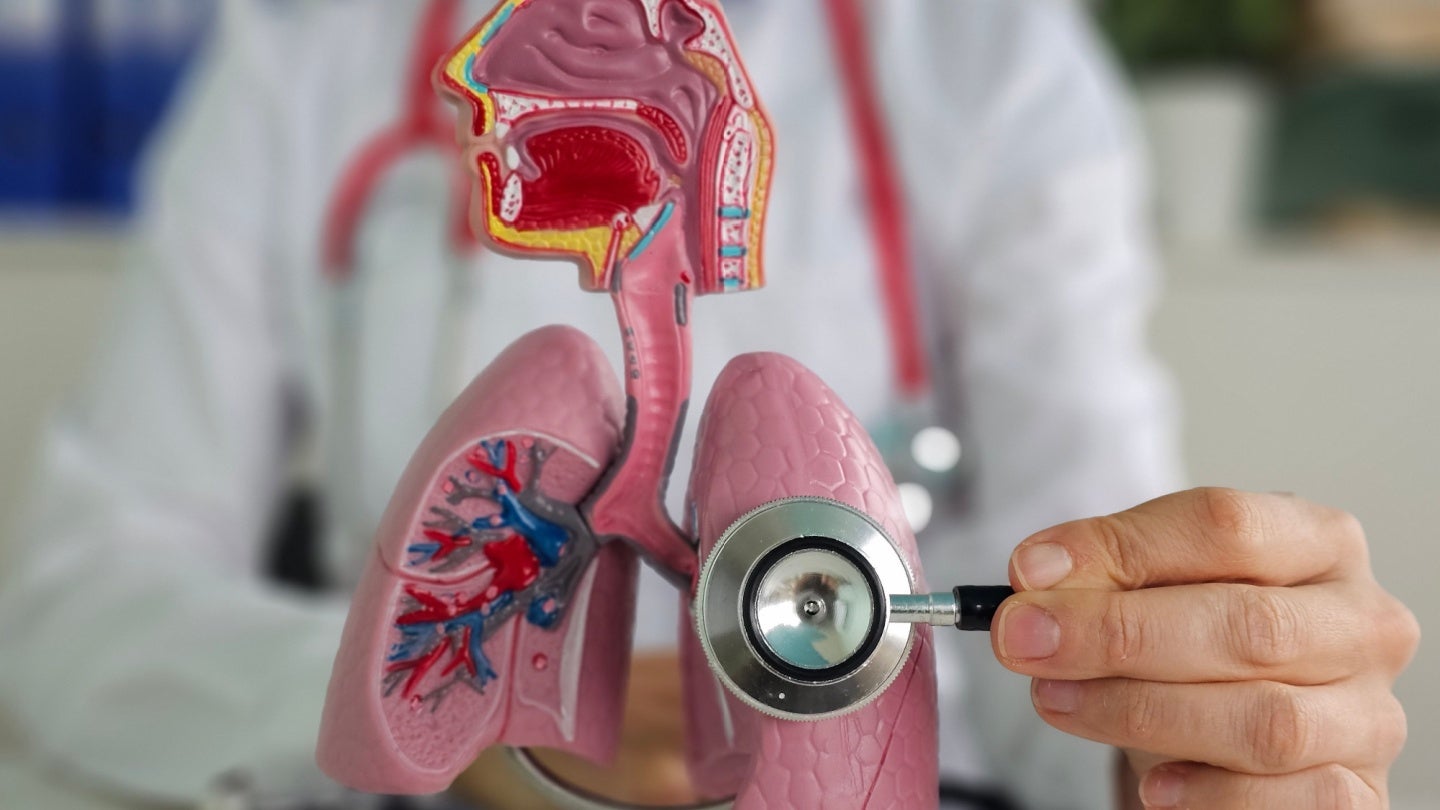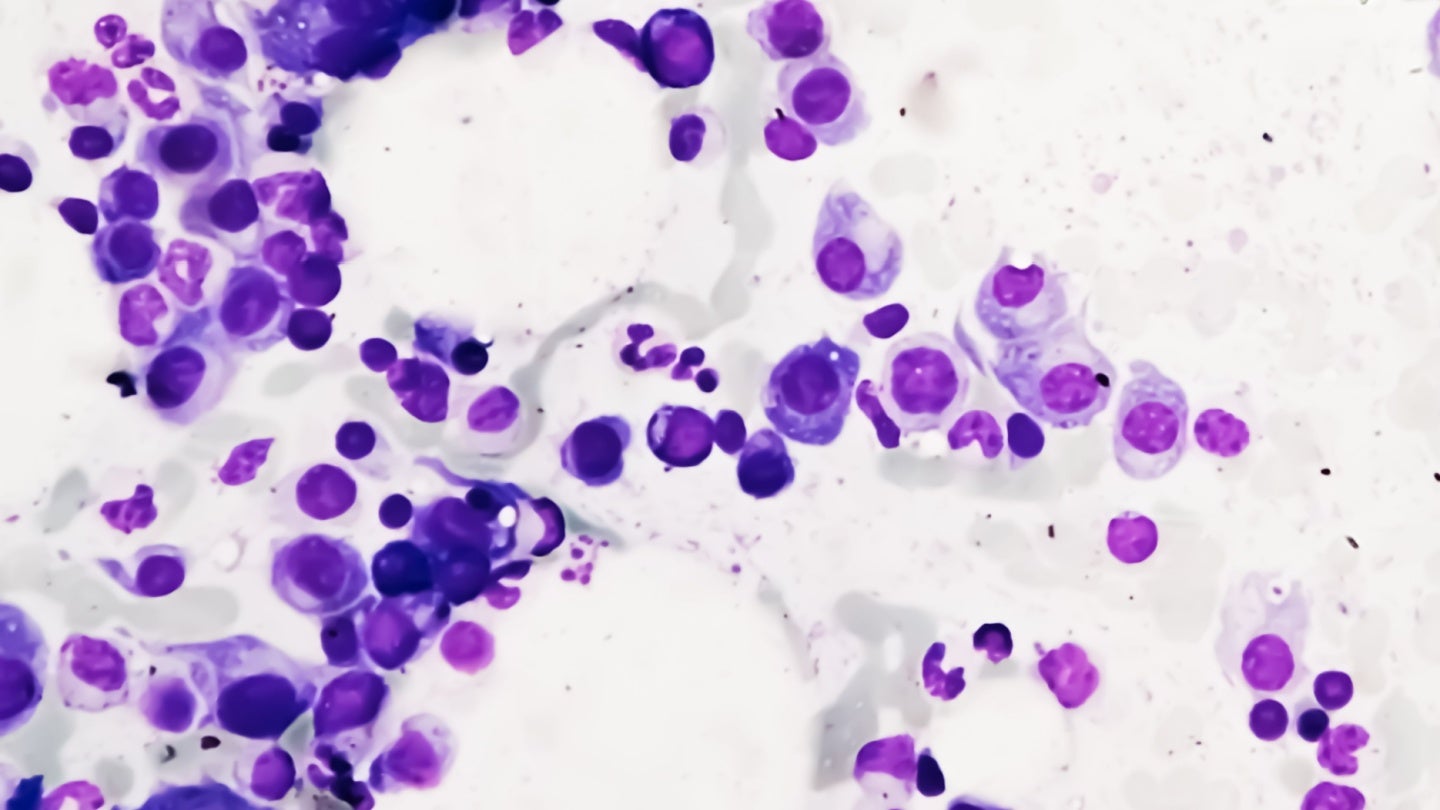Olympus Joins Hands With American Lung Association For Cancer Education
Olympus has joined forces with the American Lung Association (ALA) to raise awareness about the detection and staging of lung nodules, supporting educational materials that describe the procedure for patients. As detailed on the website and in the corresponding video, both chest X-rays and CT scans have the capacity to identify lung nodules that necessitate […]

Olympus has joined forces with the American Lung Association (ALA) to raise awareness about the detection and staging of lung nodules, supporting educational materials that describe the procedure for patients.
As detailed on the website and in the corresponding video, both chest X-rays and CT scans have the capacity to identify lung nodules that necessitate monitoring or further examination to diagnose their malignant or benign nature. In cases where the likelihood of cancer is deemed low, taking into account the attributes of the nodule and the patient’s lifestyle, the physician may recommend a follow-up scan after a few months.
Nevertheless, if the indications suggest that the nodule is potentially cancerous, the physician may promptly initiate appropriate measures. The video details the diagnostic and screening procedures while underscoring the significance of precisely identifying the cancerous lymph nodes within the chest.
The voiceover in the concerned video states, “If this step is skipped or not performed thoroughly, a patient might be mis-staged and not provided the most appropriate treatment. It is common to feel urgency to start treatment when you know you have any type of lung nodule but, for many patients, it is important to wait until your care team has a complete picture of your lung disease before you begin treatment.”
The focus on the crucial identification of cancerous nodules and lymph nodes aligns with the capabilities of Olympus’ lung sampling technology. The company provides equipment for endobronchial ultrasound-guided transbronchial needle aspiration (EBUS-TBNA), an approach that aids pulmonologists in locating and sampling nodules and lymph nodes.
This educational initiative follows 10 months after the ALA collaborated with Genentech, Novocure, Merck, Novartis and Daiichi Sankyo. The aim of this partnership was to raise awareness among Black Americans about lung cancer clinical trials and to encourage them to engage in discussions with their healthcare providers regarding available treatment options.
EBUS-TBNA has played a pivotal role in advancing targeted cancer treatments like immunotherapy. The insights gathered from locating the nodes inform the development of personalized, targeted cancer therapies, including immunotherapy. Through this technology, clinicians can not only ascertain the extent to which lung cancer has spread but also know about the genetic form of the cancer cells.
Lung cancer continues to be the main cause of cancer-related mortality in the U.S. Early detection is paramount, given that the 5-year relative survival rate for non-small cell lung cancer stands at approximately 65% when diagnosed at a localized stage. However, this figure falls to slightly less than 40% once the cancer metastasizes beyond the lungs to regions such as the lymph nodes. Moreover, once the cancer spreads to far-flung parts of the body, the survival rate plummets to single digits, resulting in imminent death. Olympus takes pride in sponsoring this new patient education campaign on Lung.org, which aims to assist individuals in accessing the care they require to attain an early diagnosis and receive prompt treatment.
What's Your Reaction?

































